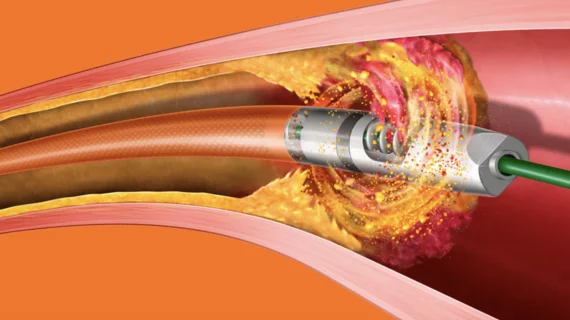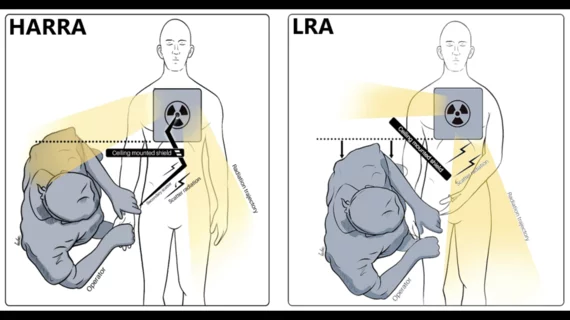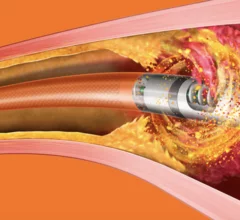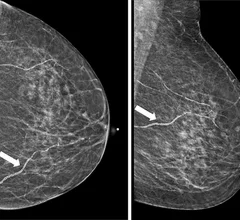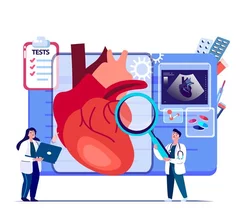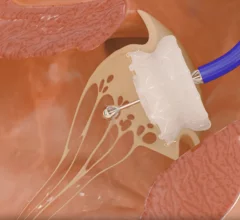Patient Care
This page includes news coverage of various aspects of patient healthcare, including new technology innovations, what is working, what is not, personalized medicine and remote and telemedicine delivery. Find specific news in the areas of Care Delivery, Digital Transformation, Precision Medicine, Remote Monitoring and Telehealth.
Displaying 1 - 8 of 3630

